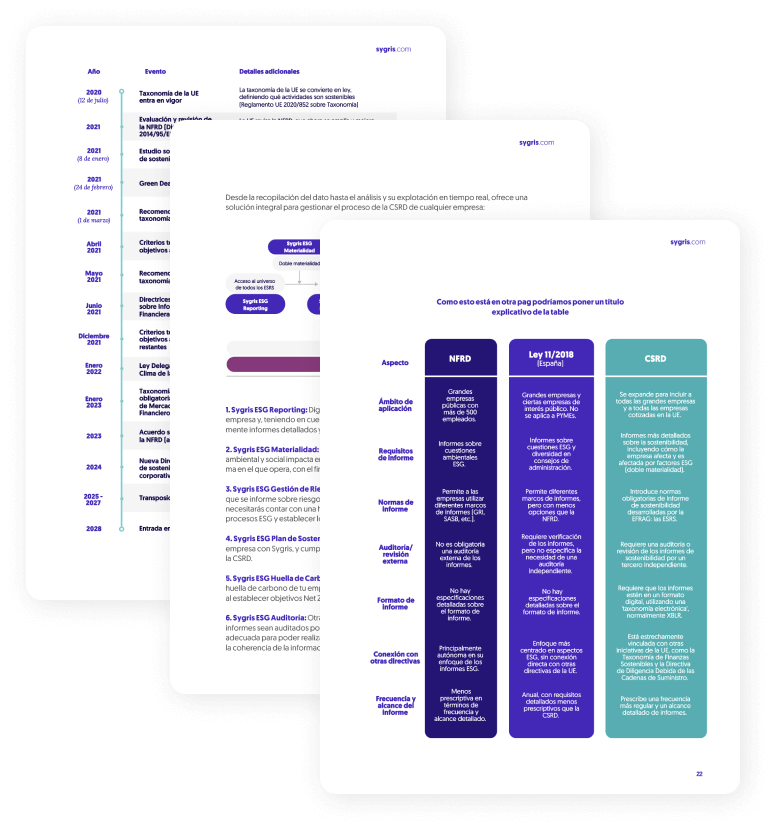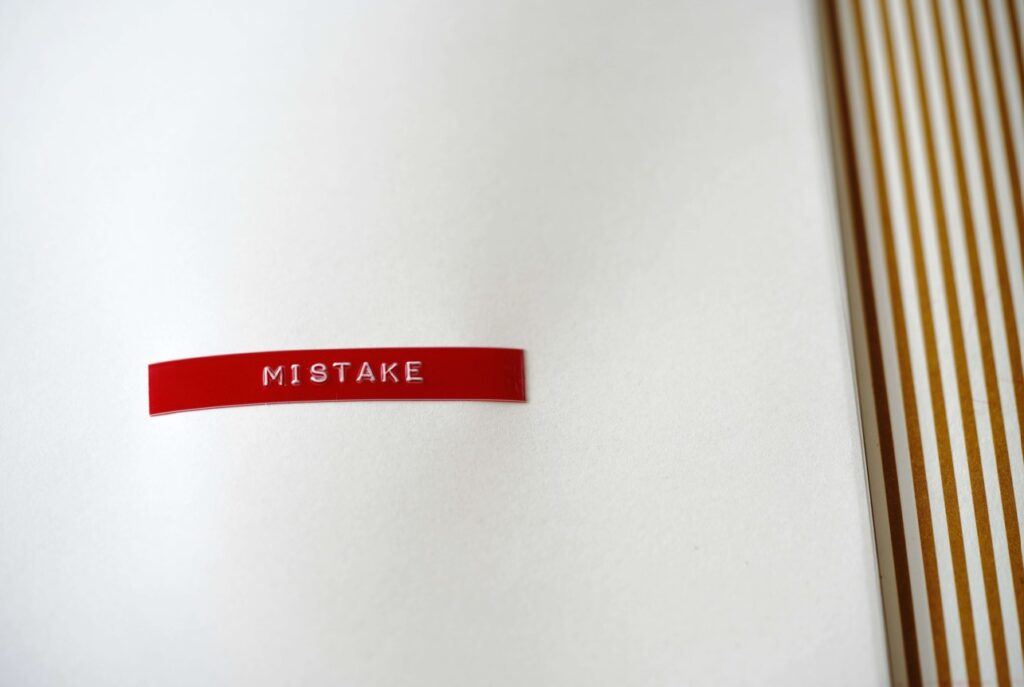The concept of Due Diligence has evolved to become a key element that is transforming corporate strategy in Europe, particularly in the push towards sustainability. The European Union has designed a set of regulations and directives that not only encourage but also require companies to operate responsibly in areas such as the environment, human rights, and corporate governance. Due Diligence has become an essential tool for ensuring that companies meet their ethical and legal obligations.
The Role of the CSDDD in Corporate and Sustainability Strategy
One of the most significant regulatory frameworks in this area is the Corporate Sustainability Due Diligence Directive (CSDDD or CS3D). This directive aims to promote responsible and sustainable corporate behaviour by requiring companies to incorporate non-financial considerations into their business practices. This includes identifying, preventing, and addressing negative impacts on human rights, working conditions, and the environment across their operations and supply chains.
The CSDDD aligns with other European regulations, such as the Corporate Sustainability Reporting Directive (CSRD) and the Sustainable Finance Disclosure Regulation (SFDR). These regulations impose disclosure and transparency requirements, obliging companies to report on their impacts and risks related to Environmental, Social, and Governance (ESG) factors. The interconnection between these regulations ensures a comprehensive approach to sustainability and strengthens corporate accountability.
What Does Due Diligence Mean for Companies?
In practical terms, the Due Diligence process requires companies to identify, assess, and mitigate risks associated with their impact on human rights, the environment, and society at large. This means that Due Diligence is not just a preventive measure but also involves corrective actions when violations or adverse impacts are detected.
This preventive approach extends across a company’s entire value chain. Organisations must conduct risk assessments not only within their direct operations but also among their suppliers and business partners. The goal is to ensure that third-party practices also comply with ESG criteria. These assessments include analysing factors such as working conditions, respect for human rights, and environmental sustainability. Non-compliance with these standards can result in legal and reputational consequences for companies.
The Role of the EU’s Sustainable Finance Package
Within this framework, the EU Sustainable Finance Package plays a crucial role. This set of policies aims to redirect capital towards more sustainable activities and ensure that financial investments take sustainability risks into account:
- Sustainable Finance Disclosure Regulation (SFDR).
- Corporate Sustainability Reporting Directive (CSRD).
A key piece of this package, the SFDR, requires market participants to disclose how they integrate sustainability risks into their investment decisions.
The SFDR not only promotes transparency but also imposes responsibilities regarding the impact of investments on sustainability. This aligns with the principles of the CSDDD, ensuring that companies and financial entities work together to promote responsible practices that address climate change, social inequality, and other global challenges.
Another important component of the Sustainable Finance Package is the EU Taxonomy Regulation, which establishes a classification system for environmentally sustainable economic activities. Companies must ensure that their operations align with this taxonomy, contributing to the EU’s climate sustainability goals. The taxonomy provides a common framework for identifying which economic activities can be considered sustainable, promoting greater coherence in the transition to a greener economy.
The Influence of OECD Guidelines on Responsible Business Conduct
The EU’s regulatory framework has also been influenced by the OECD Guidelines for Multinational Enterprises on Responsible Business Conduct, which offer recommendations on how businesses should operate ethically and sustainably. These guidelines promote the adoption of responsible practices, including respect for human rights, fair working conditions, and environmental protection. Transparency and accountability are core principles within these guidelines. The EU has embraced these values and incorporated them into its legislation, requiring companies operating within its borders to publicly disclose their practices and take responsibility for the impacts of their activities.
Supply Chain Oversight: A Key Component
One of the most challenging aspects of the Due Diligence process is supply chain oversight. In an increasingly globalised environment, companies often rely on suppliers from various parts of the world, which can heighten risks related to human rights, forced labour, and environmental damage.
To mitigate these risks, companies must implement robust risk assessment mechanisms to identify potential issues within their value chains. This includes conducting audits, requiring sustainability reports from suppliers, and setting clear standards for labour and environmental practices. Companies that fail to adequately oversee their business partners may face legal penalties under EU legislation.
The Future of Due Diligence in the EU
Looking ahead, Due Diligence is expected to remain a central component of the EU’s sustainability policies. The transition to a greener, fairer economy will not be possible without the active collaboration of businesses, which must take responsibility for protecting the environment and promoting human rights.
The implementation of the CSDDD, alongside other regulations in the Sustainable Finance Package, marks a fundamental shift in how companies must operate within the EU. It is no longer enough to comply with basic regulations; companies must go further, adopting a proactive stance towards sustainability.
Thus, the Due Diligence process has become a key part of corporate strategy within the EU. With the growing focus on sustainability and corporate responsibility, companies are required to integrate ESG considerations into all aspects of their operations. From supply chain management to internal governance, EU regulations ensure that corporate responsibility is no longer an option, but a legal and moral obligation. The adoption of responsible practices not only benefits companies in terms of reputation and legal compliance but is also essential for the future of the planet and future generations.




